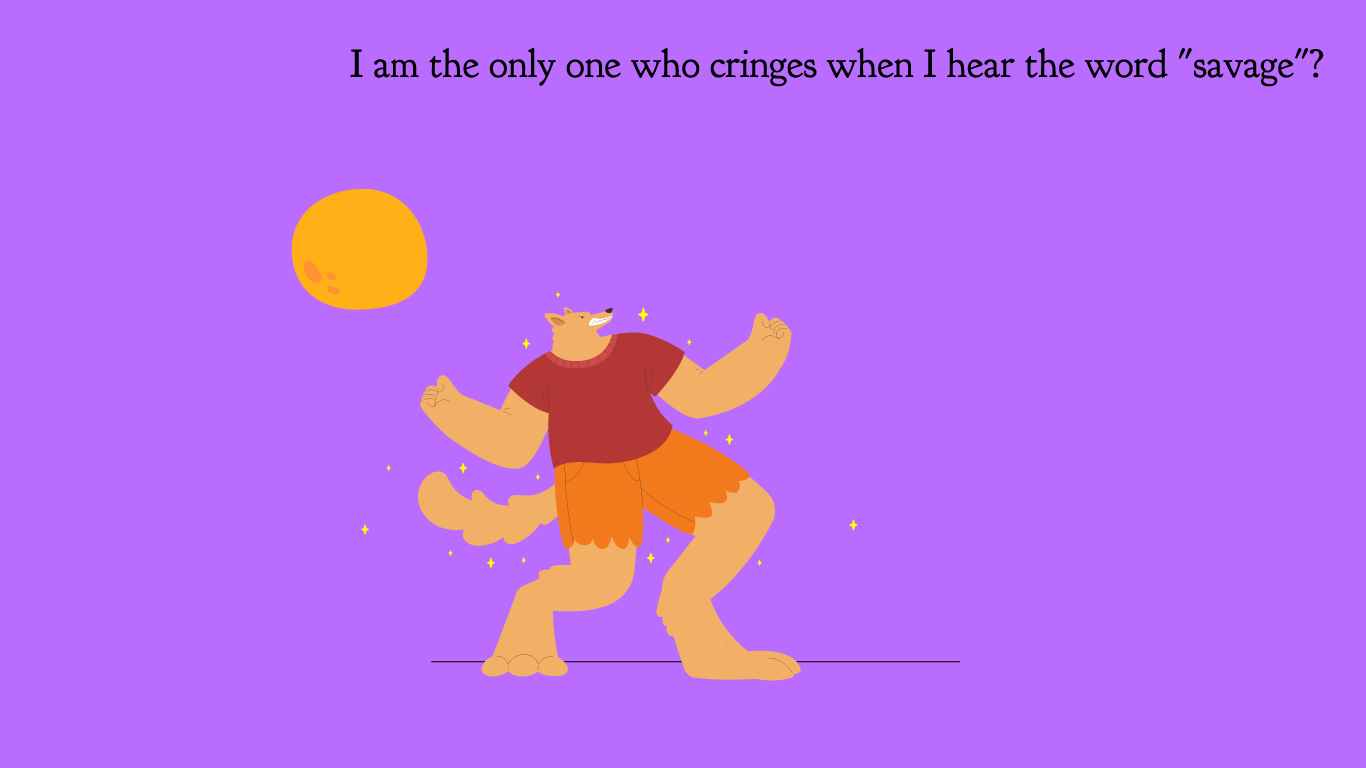Author: AdminBarbier
-

Overwhelmed with the constant tsunami of new English words?
With an average of 1,000 words officially accepted every year, the Language Service Industry braces for their impact in both good and bad ways. Barbier wants to make the situation worse… At the rate that the English language is growing, maybe there’s a societal reason behind it. The Global Language Monitor states that we actually…
-

How Influential are Portmanteau Words?
In the 1500’s, A Portmanteau was originally used to describe a two sided suitcase, packing two different items into one space. Lewis Carrol in 1882 coined this word to identify the creation of a new word from two other words or names, like smog= smoke + fog. Some old words that impressed us are: motel = motor…
-
Overwhelmed with the constant tsunami of new English words?
With an average of 1,000 words officially accepted every year, the Language Service Industry braces for their tsunami impact both good and bad. I want to make the situation worse… At the rate that the English language is growing, maybe there’s a societal reason behind it. The Global Language Monitor states that we actually create an average of 5,400…
-

Do idioms make you feel like an idiot?
Throughout many types of language services like interpreting, translating and language training, one of the most troublesome parts of serving our clients is handling idioms. The words “idiom” and “idiot” come from the same ancient Greek word “idios” which means “of one’s own” or “private.” According to a study by the Guardian, idioms were seen as a private expression, impossible to decode…
-

5 Benefits of Video Remote Interpretation (VRI)
A person who understands one language and speaks in another is called an interpreter because they are explaining what a person is saying to someone who doesn’t understand that language. Video Remote Interpretation ( VRI ) is a telecommunications service that uses devices to provide an online, remote and professional language interpretation service to facilitate multilingual communication between people limited by a…





